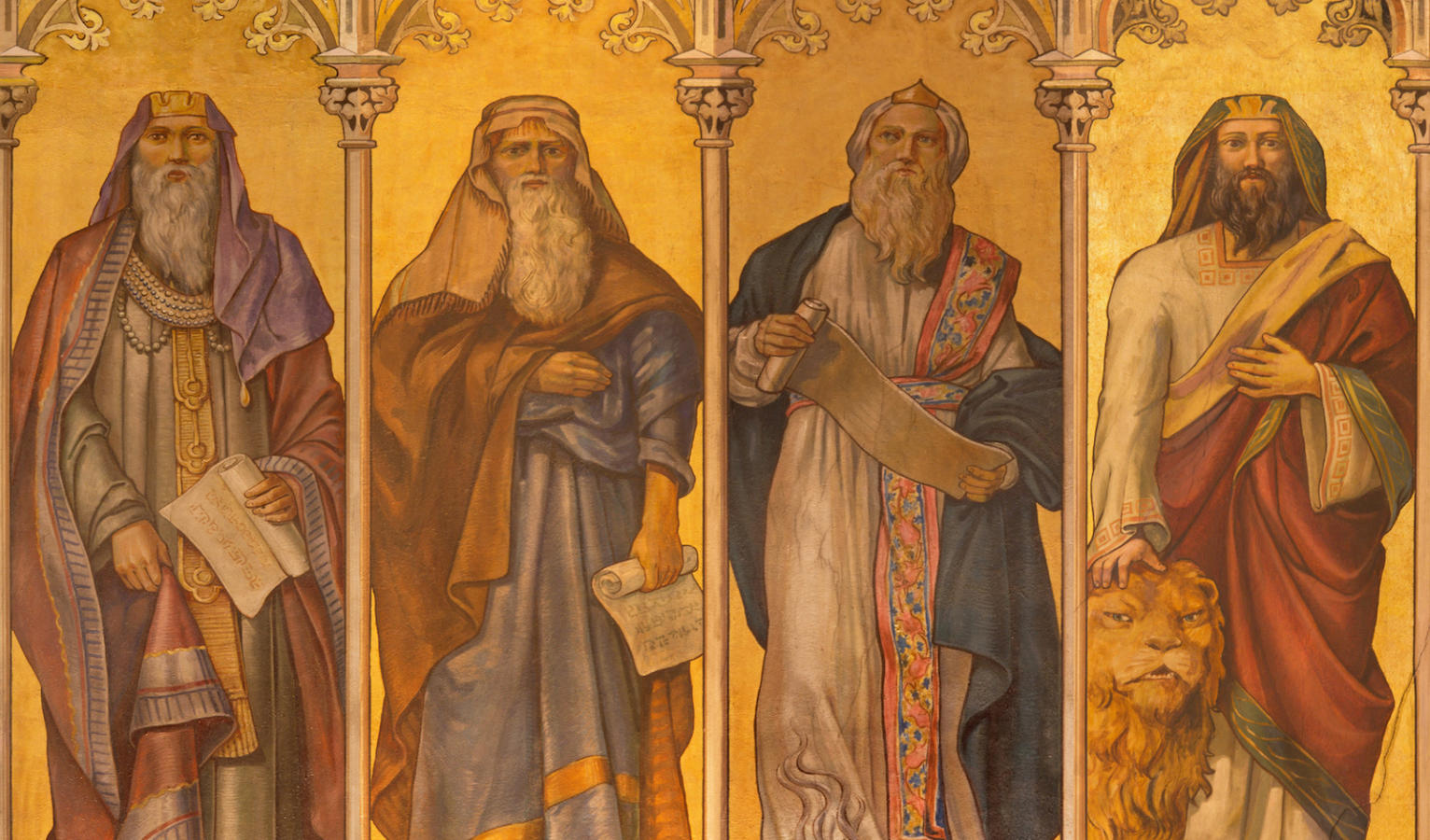Commentary on Parashat Emor, Leviticus 21:1-24:23
The haftarah selection is from Ezekiel 44:15-31.
In the haftarah for Parashat Emor Ezekiel prophesies about the rules for the priests that will serve in the Third Temple, to be built at an unspecified, apocalyptic future date. He specifies that the priests must wear specific garments, and are commanded to keep their hair cut neatly. They cannot drink wine while they are performing their priestly duties, and they are prohibited from marrying women who are divorced or widowed (unless the widow was originally married to a priest).
The priests Ezekiel describes are charged with teaching the people of Israel about what is sacred and what is profane, what is pure and what is impure. They act as judges for the people, ruling according to the Torah. They are prohibited from going near a corpse unless it is the body of a person in their immediate families.
Finally, God stipulates that the priests should not be given a portion of the land in Israel. God is their portion, and they partake of the sacrifices, and benefit from some of the tithes.
With your help, My Jewish Learning can provide endless opportunities for learning, connection and discovery.
Connection to the Portion
In Parashat Emor, Moses explains the rules of priesthood as dictated to him by God. In the haftarah, Ezekiel functions as a messenger between God and the people, also giving the laws for the priests. These parallel narratives emphasize the idea of continuity from the time of the Torah to the later prophets.
Torah
Pronunced: TORE-uh, Origin: Hebrew, the Five Books of Moses.



